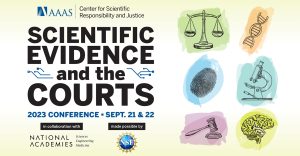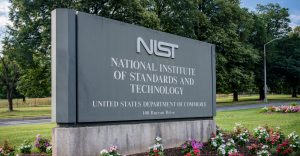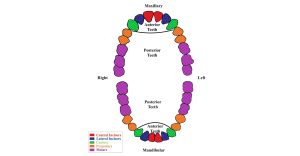The Center for Statistics and Applications in Forensic Evidence (CSAFE) announced the schedule for its upcoming learning opportunities, including a webinar and three short courses.
The schedule begins on Feb. 22 with a webinar from CSAFE co-director Brandon Garrett. He will talk about the recent and growing resurgence of judicial skepticism of firearms comparison evidence.
The short courses will include an introductory course on fundamental concepts from probability and statistics motivated by forensic issues, a course on sampling methods and a course on machine learning and how it applies to forensic evidence. More information about each course offering, including short descriptions and dates, is listed below.
The webinar and short courses are free and open to the public, but researchers and members of the broader forensics and statistics communities are encouraged to attend. Each live session will allow for discussion and questions. To enroll in any of the courses, visit https://learn.forensicstats.org.
CSAFE webinars and short courses are sponsored by the National Institute of Standards and Technology (NIST) through cooperative agreement 70NANB20H019.
WEBINAR
Judging Firearms Evidence
Feb. 22, 10–11 a.m. CT
Brandon Garrett
CSAFE co-director and the L. Neil Williams, Jr. Professor of Law and director of the Wilson Center for Science and Justice at Duke Law
While firearms comparison evidence is commonly used in criminal cases, we have seen a recent and growing resurgence of judicial skepticism of firearms comparison evidence. These recent rulings, responding to scientific critiques, followed many decades of near-universal acceptance of the evidence. We analyze the path of judicial rulings in this important area of forensic evidence.
SHORT COURSES
Statistical Thinking for Forensic Practitioners
March 31, 10 a.m.–noon CT
April 7, 10 a.m.–noon CT
April 14, 10 a.m.–noon CT
April 21, 10 a.m.–noon CT
Hal Stern
CSAFE co-director and Provost and Executive Vice Chancellor and Chancellor’s Professor of Statistics at the University of California, Irvine
This four-part introductory short course covers fundamental concepts from probability and statistics motivated by forensic issues, followed by a detailed investigation of how they apply to assess forensic evidence’s probative value.
Sampling for Forensic Practitioners
April 28, 10 a.m.–noon CT
May 5, 10 a.m.–noon CT
May 12, 10 a.m.–noon CT
Alicia Carriquiry
CSAFE director and Distinguished Professor and President’s Chair in Statistics, Iowa State University
This short course focuses on populations, sampling frames, sampling methods and geometric sampling. The emphasis will be on understanding how these methods are used to aid and enhance current forensic science practices.
Machine Learning for Forensic Practitioners
May 18, 10 a.m.–noon CT
May 25, 10 a.m.–noon CT
June 1, 10 a.m.–noon CT
Heike Hofmann
Professor of statistics and professor-in-charge of the Data Science Program at Iowa State University
The short course will provide an overview of machine learning and how it applies to forensic evidence. Attendees will learn the basics of supervised learning algorithms in the context of forensic applications, including classification trees, random forests and neural networks. The sessions will explore the limitations of machine learning algorithms and methods for assessing their performance.




